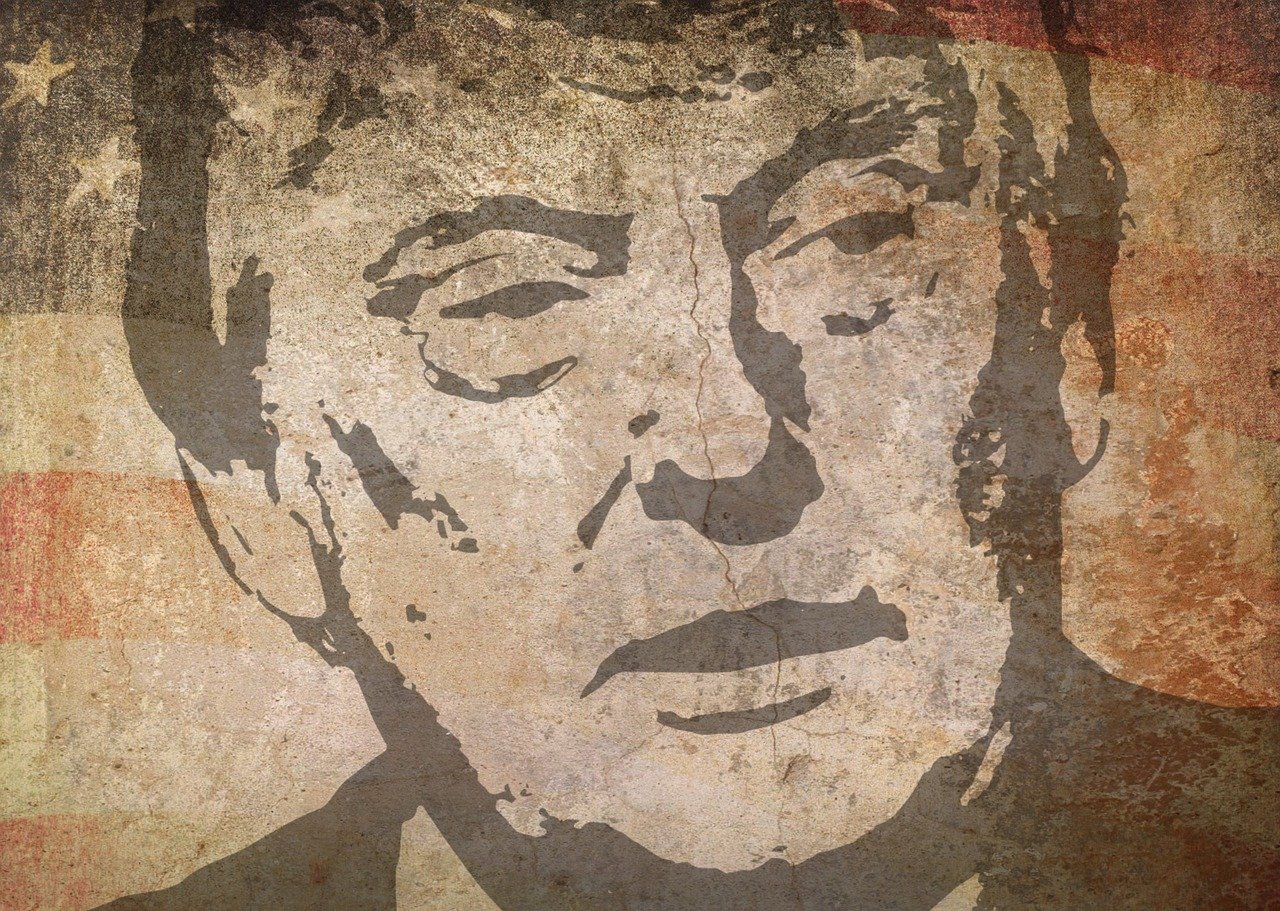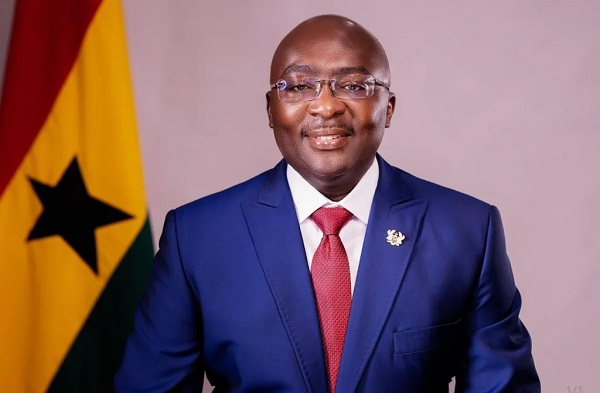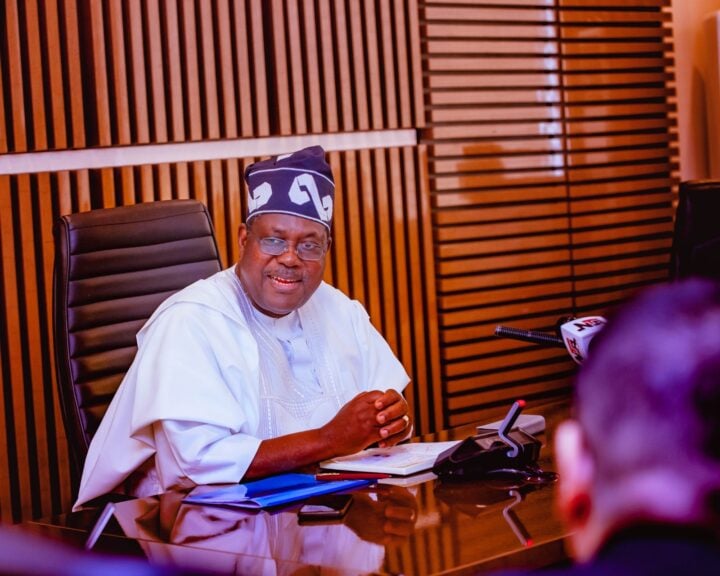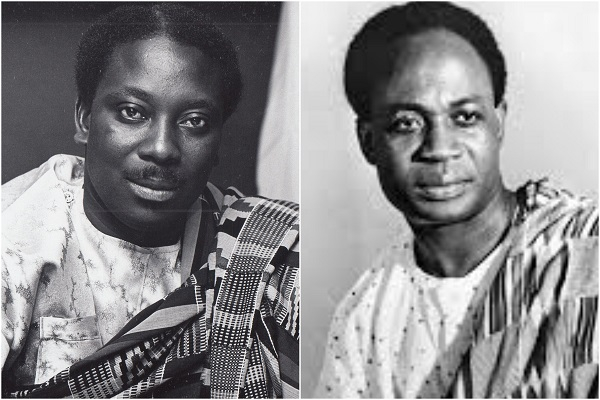G-SPOT: Africa should rethink ties if US visa ban materialises

Naturally, every sovereign state has the right to determine who may enter its borders and who may not. There is nothing inherently wrong with any country exercising that prerogative.
The problem lies in the long-standing narrative that the US has carefully constructed and exported, positioning itself as a modern-day El Dorado, the promised land where life, liberty and the pursuit of happiness await all who dare to dream. For decades, Washington has sold this ideal to the world, encouraging belief in the notion that America is the ultimate beacon of hope. Yet in recent years, the rise of racist, xenophobic and anti-immigration political leadership has dramatically altered that image. Now, only a few people from countries whose leaders are ready to sell themselves short for the glory of Uncle Sam are welcome.
I say they are welcome, but we all know the reality is that they will be tolerated for as long as their leaders continue to enrich America’s oligarchs with oil, gas, uranium, rare earth minerals and so on.
After that, they will only be useful as test grounds for US weaponry in the hands of various militias that the US and their allies across the globe will encourage to fight each other for the remaining scraps.
This brings us back to the trap. By reviving the well-worn colonial tactic of divide and rule, the US stands to split African nations neatly in two. Those barred from travelling to the US will face pressure either to plead for re-entry or to retaliate in kind. Meanwhile, those still granted the privilege of entry will turn on each other, scrambling for favour and jostling for the dubious honour of being teacher’s pet.
Instead of solidarity with their fellow Africans against the US, they will be competing to show President Donald Trump which of them can bend over backwards the furthest to accommodate his wishes, and the devil take the hindmost.
Nations with close ties to Washington may choose the path of cautious diplomacy. In this group, I place countries such as Kenya, a strategic ally in counterterrorism and host of Africom activities.
Ghana, which has positioned itself as a West African model of democratic governance. Morocco, which has strong military and economic ties to the US, especially following Trump’s Abraham Accords.
Zambia, which under President Hakainde Hichilema has made overtures to Western partners for debt relief. And Botswana, long seen as a stable, democratic and “cooperative partner”.
Eager to preserve access to aid, trade and security cooperation, these countries would be the most likely to lobby behind the scenes and possibly make public overtures to reaffirm alignment with US interests, perhaps even offering to mediate on behalf of the excluded states.
However, in doing so, they risk alienating their own populations. Rising anti-Western sentiment, driven by a growing sense of collective humiliation, could result in domestic backlash.
Simultaneously, disillusioned African governments may turn to alternative partners, such as China and Russia, who present themselves as less patronising and more respectful of sovereignty as cover for their demands.
Predictably, the US will deny any ill intent, and African leaders will publicly dismiss such criticisms. Behind closed doors, however, many will continue elbowing one another out of the way for access to trade deals that serve America’s interests while lining their own pockets.
My own deeply held wish is for the ban to backfire in a spectacular manner, accelerating Africa’s pivot away from the West and towards intra-African reliance.
We must appreciate that policies that treat African nations as expendable pawns, rather than equal partners, will have lasting consequences.
Meanwhile, I am fully aware that, in writing this, I have likely forfeited any chance of ever being granted a US visa. Having been there once in my life and with no burning desire to revisit, I can live with that.
The question is, can countries whose leaders are known to be the US’s lapdogs take a principled stance against their master’s voice?









